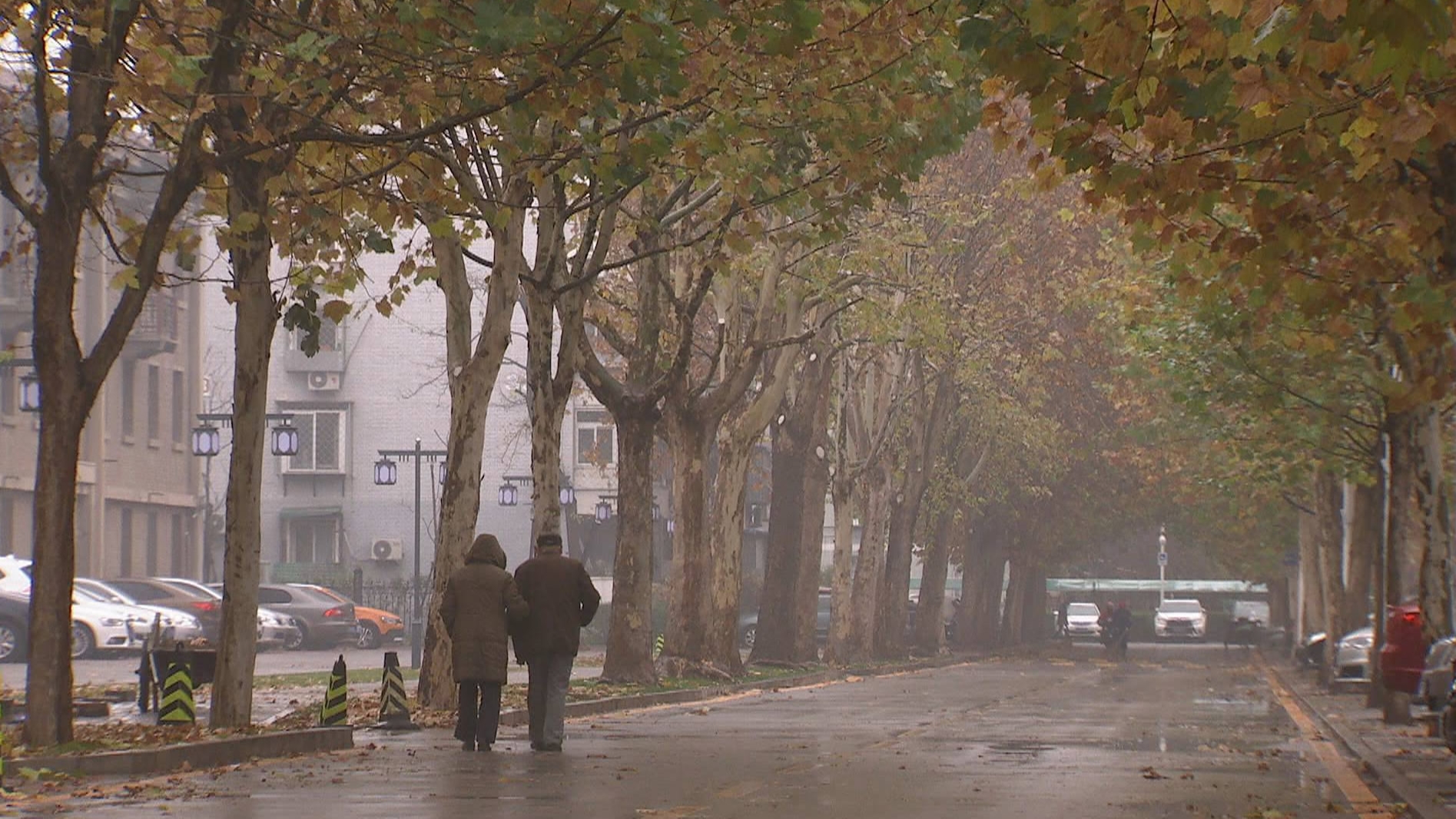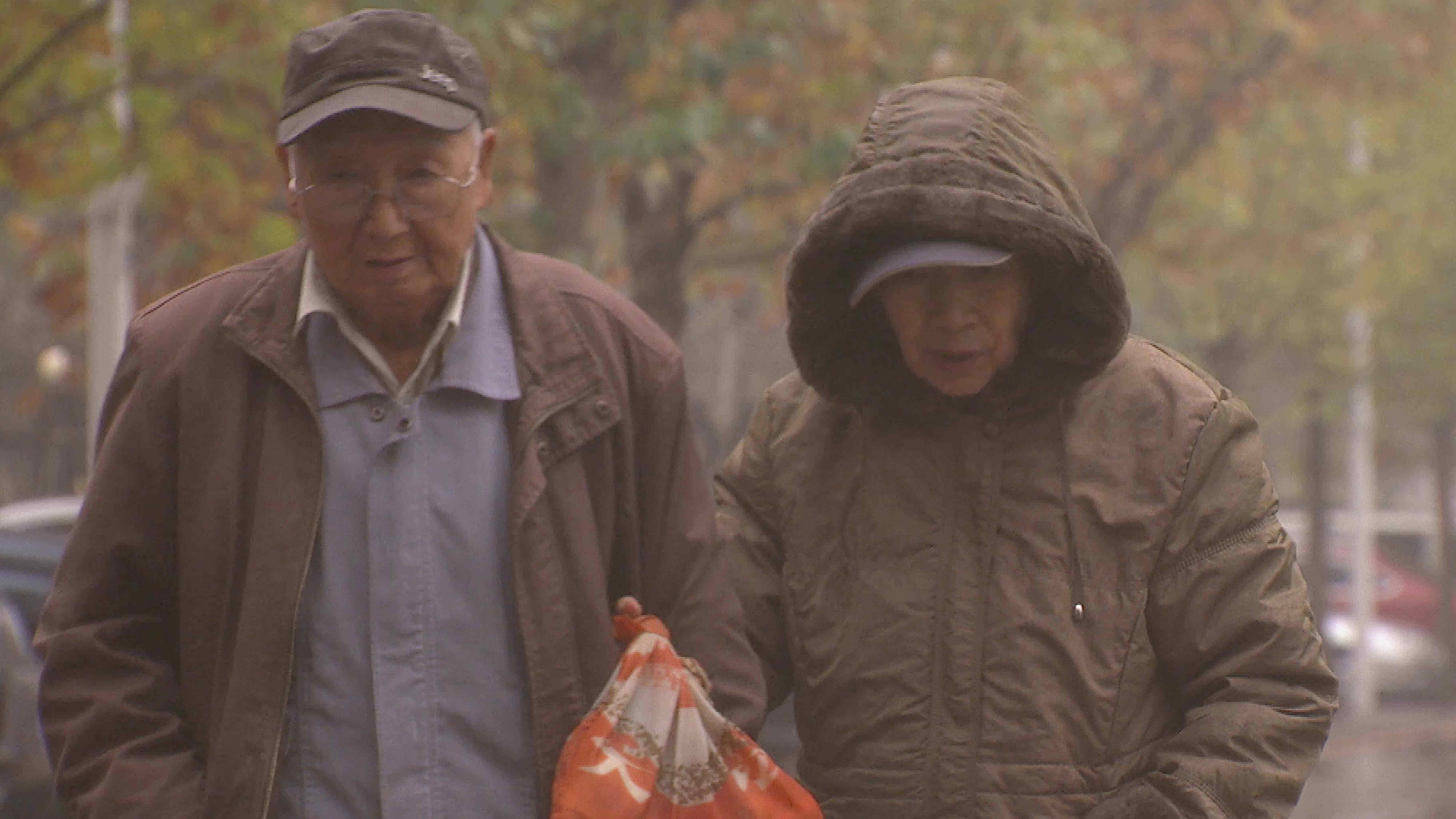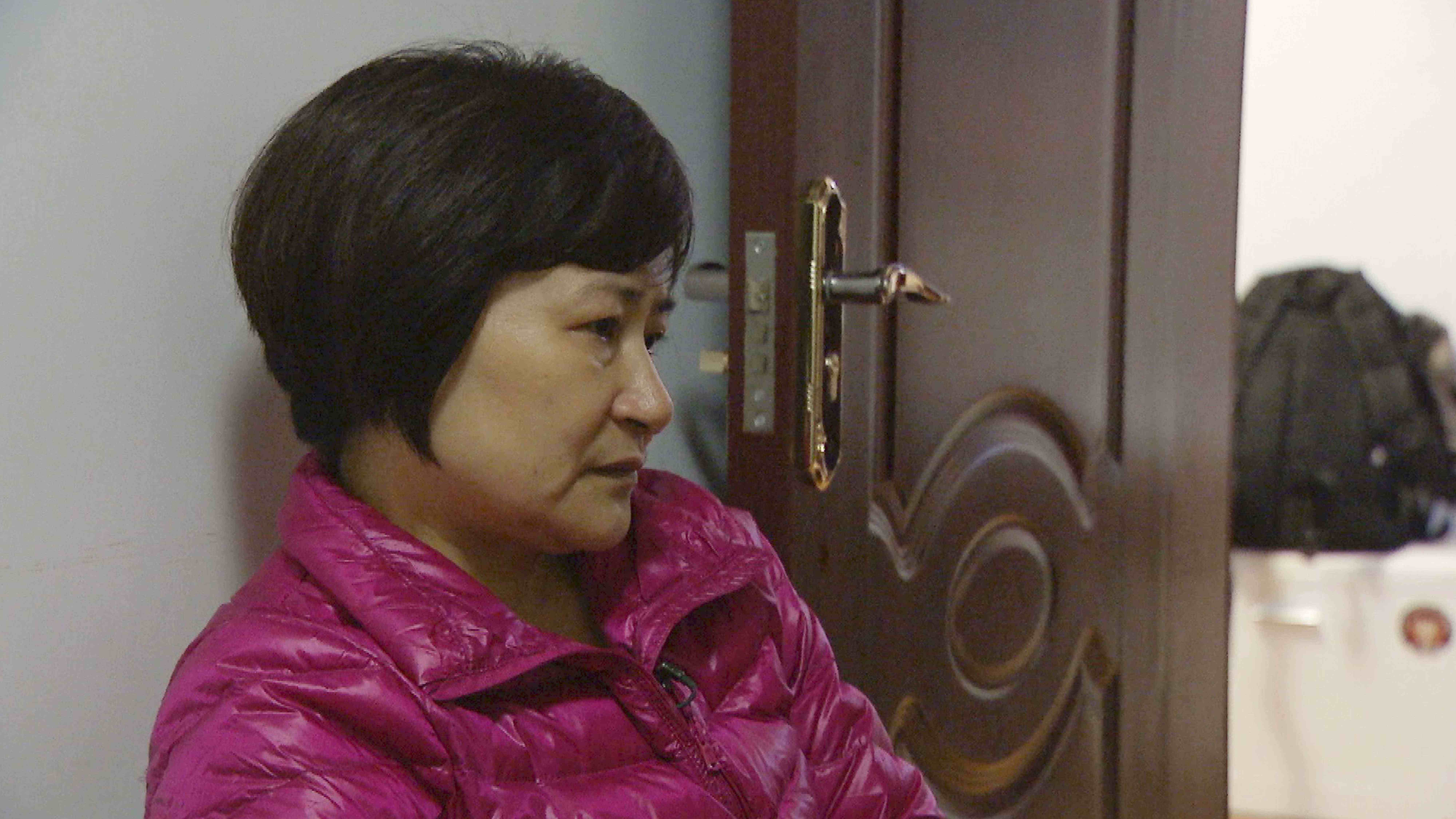
China
16:55, 18-Jan-2018
The Wechat group helping people deal with dementia
CGTN

By Laura Schmitt and Zhou Xi
Thanks to the Chinese chat software WeChat, a hospital in Changsha, Hunan Province, is able to provide round-the-clock support for people caring for patients with dementia.
China’s is a rapidly-ageing society. In less than 40 years, it’s likely that every third person will be over 60. This is creating some major challenges, one of which is the rise in the number of people with dementia.
There are currently an estimated 9 million sufferers nationwide. As the size of the dementia problem grows, how will China cope?
In 2015, staff at Changsha’s First Hospital launched a programme aimed at training carers to cope with the realities of looking after a loved one who may no longer be capable of recognising their own spouse or child.
“In caring for an old person, you need patience. That’s what they taught us on that course, how to talk to our sick and elderly relatives. I’ve found it useful,” says Li Wenxi, who cares for her sick mother and took the course in 2016.

The programme is based on research published by Dr. Wang Huali of Beijing’s Sixth Hospital.
“We interviewed about 30 family members providing support to people with dementia and we found that most of the families choose that they would keep the people at home for as long as possible,” explains Dr. Wang.
Up to a point, the program has been successful in giving people the tools they need to postpone putting their loved one in a care home for as long as possible. However, its reach is severely restricted. Only eight people can take the course at a time, and it has only been held twice – once in 2015 and again in 2016.
In 2017, the hospital was unable to repeat the intensive workshop of the previous two years. The fact is, the program takes two months to complete and both the hospital and the carers lack the time, so it hasn’t been feasible to keep it running in its existing form.
Instead, the hospital organized a series of related projects. These included a seminar on dementia for community health workers, general lectures for caregivers and the distribution of yellow wristbands among sufferers.
Still, support is sorely needed. Dr Wang Aimin, director of the neurology department at Changsha’s First Hospital, already had more than 1000 patients at the end of 2016, and the numbers are growing by approximately ten per month.
In this situation, a WeChat group started by the hospital has proved invaluable in supporting local carers.

“They add one another on WeChat and help one another,” says Huang Canlan, a nurse at the hospital, and a volunteer for the dementia program.
“How to deal with certain problems? They discuss it among themselves. The hospital staff also tend to focus on providing help and consultation via the group.”
The group now brings together more than 90 people in the Changsha area. The technology, with its convenience, low cost and round-the-clock availability, facilitates communication and offers support and encouragement to the growing number of people dealing with the trauma and day-to-day difficulties of looking after a loved one suffering from dementia.
Rediscovering China is a 30-minute feature program offering in-depth reports on the major issues facing China today. It airs on Sunday at 10.30 a.m. BJT (02.30 GMT), with a rebroadcast at 11.30 p.m. (15.30 GMT), as well as on Monday at 8.30 a.m. (00.30 GMT) and Friday at 1.30 p.m. (05.30 GMT).
1341km

SITEMAP
Copyright © 2018 CGTN. Beijing ICP prepared NO.16065310-3
Copyright © 2018 CGTN. Beijing ICP prepared NO.16065310-3